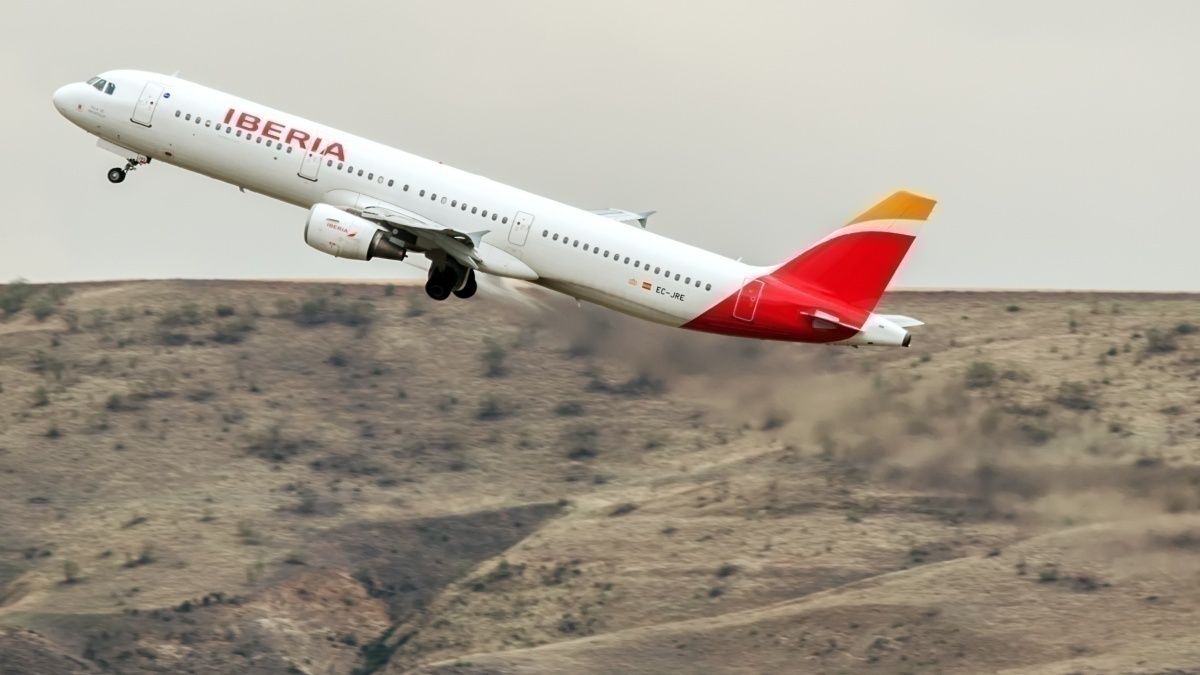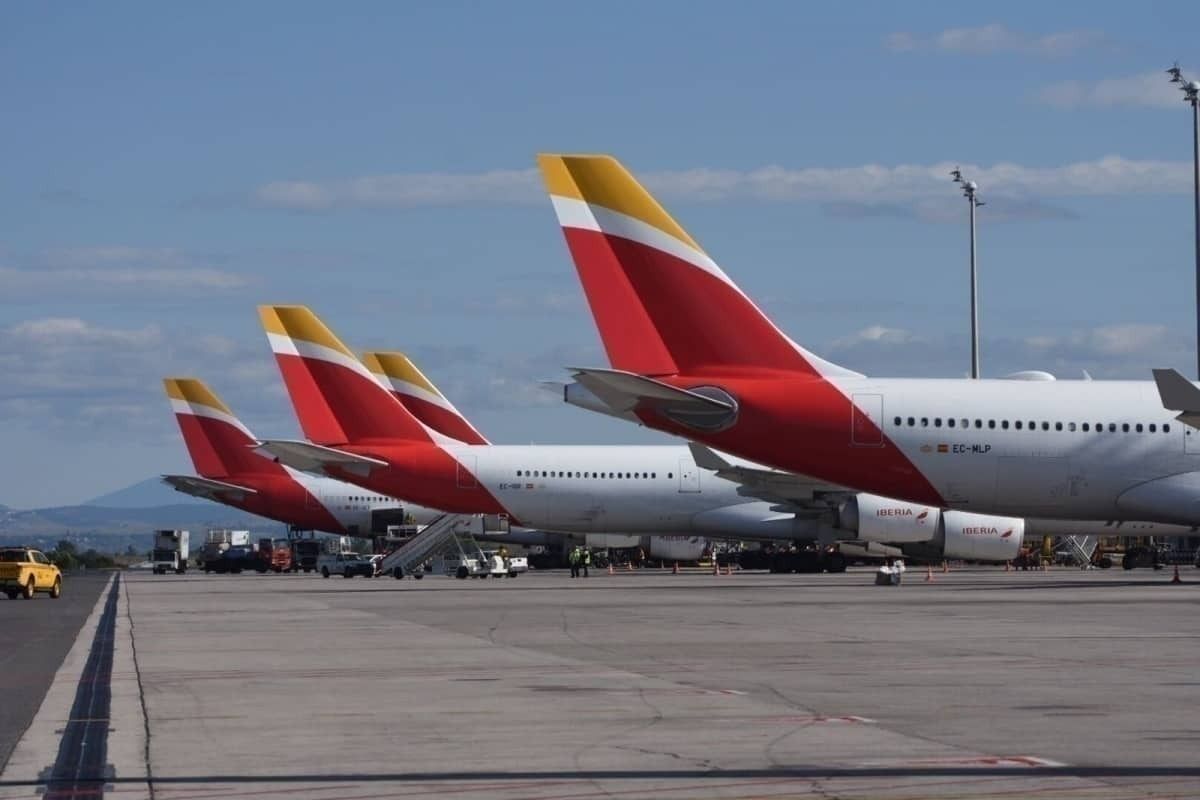In a move aimed at giving its employees the best possible protection against the coronavirus, Spain's national flag carrier announced it would implement a unique COVID-19 health plan. Designed in partnership with the Spanish hospital group Quirónsalud, Iberia will offer COVID-19 antibody tests to all its employees.
The move, announced in a press release on May 6, will allow all current staff and employees who are returning from leave to have a blood test to see if they have been infected with the coronavirus.
The COVID-19 testing is voluntary
The voluntary testing will be performed at Iberia health stations and on Quirónsalud premises. The blood tests will be done when an employee first returns to work, and then 15 and 30 days later.
Employees returning to work after sick leave due to COVID-19 or for those who have been in close contact with an infected person, a polymerize chain reaction (PCR) test will be administered.
Along with the testing measures, the IAG-owned airline is also considering installing thermal screening cameras to monitor employee temperatures.
Iberia will offer two COVID-19 tests
While you hear a lot about screening for the coronavirus, we thought we should explain the differences between an antibody test and a PCR test.
What is a COVID-19 antibody test?
An antibody test is designed to let you know if you have had (and recovered from) the coronavirus. The analysis shows whether the person being tested has had his or her immune system create antibodies to fight the virus. This test is not used to detect the coronavirus but to see if a person has had it and that they are now possibly immune. We say potentially immune because the coronavirus is a new disease, and it is not yet known if you can have it more than once.
What is PCR testing?
Unlike antibody testing, PCR tests are used to find the presence of an antigen by detecting viral ribonucleic acid (RNA) found in the genetic code of some viruses. By using a nasopharyngeal swab (which looks like a very long Q-tip), the medical staff will collect nasal secretions from the back of the nose and throat. The swab is then tested to see whether a person has the coronavirus or not. While not a pleasant experience, the PCR test can show the presence of COVID-19, even if the person being tested is showing no symptoms associated with the disease.
Other measures Iberia has taken to battle the spread of the coronavirus include the flowing:
- Aggressive measures for sanitizing aircraft, and all areas where people gather.
- Campaigns to encourage social distancing, hand washing, and the use of PPE.
- The issuing of PPE to all employees.
- Staggered work times, separate entrances for arriving and leaving work, and more use of teleconferencing.
Madrid hit hard by COVID-19
With the majority of Iberia's staff based in Madrid, the testing for COVID-19 will be a welcome addition to the safety measures already in place. Madrid has been the hardest hit city in Spain after football fans were infected during Champions League games in the Spanish capital and across cities in Italy.
From tomorrow many places in Spain will enter what the government calls Phase 1 of the reopening, following one of the most restrictive lockdowns in Europe. Unfortunately for Iberia staff and others living in Madrid, it has been deemed too dangerous to relax the rules in the nation's capital just yet.
What do you think about Iberia's plan to test employees for COVID-19? Please let us know your thoughts in the comments section.



